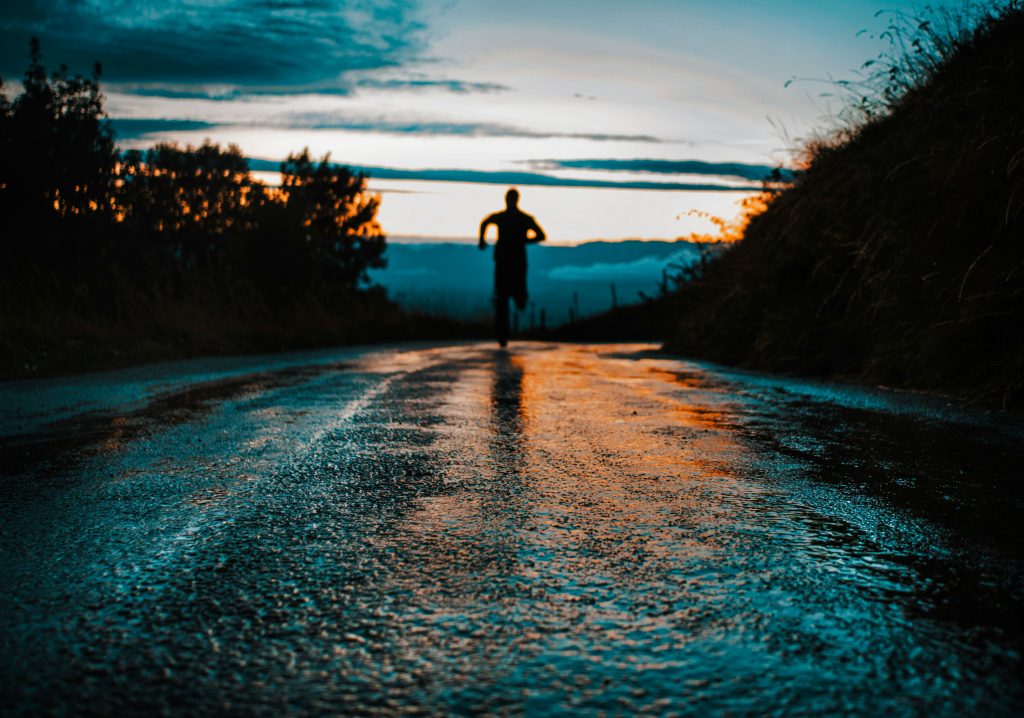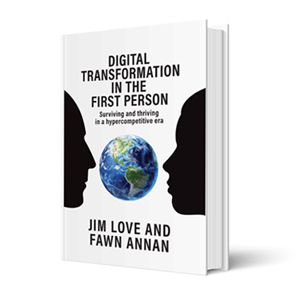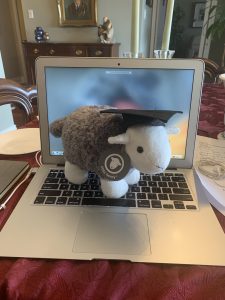As the festive season draws near, it’s easy to get swept up in the excitement of celebrations, gatherings, and delicious treats. However, for many students, this time can also coincide with exams and deadlines. Balancing festivities with your study routine is crucial to ensure you remain focused and motivated. Here are seven effective strategies to help you stay on track during this bustling time of year.
1. Set Clear Goals

Setting clear, achievable goals is the foundation of effective studying, especially when distractions abound. Start by identifying what you need to accomplish before the festive season fully kicks in. Break down larger tasks into smaller, manageable parts. For example, if you have an upcoming exam, specify how many chapters you want to cover each week or which topics need deeper understanding. Use SMART criteria—make your goals Specific, Measurable, Achievable, Relevant, and Time-bound. Writing these goals down can also provide a visual reminder of what you aim to achieve.
2. Designate a Study Space
A designated study space can significantly enhance your productivity. Choose a quiet area in your home, free from distractions like TV or noisy gatherings. Personalize this space with items that motivate you—perhaps some inspiring quotes or subtle holiday decorations that create a festive atmosphere without being overwhelming. Make sure your study area is well-lit and organized, with all necessary materials at hand. This environment will help condition your mind to focus when you sit down to study.

3. Create a Flexible Schedule
A well-organized yet adaptable timetable is essential for striking a balance between studying and celebrations. Make time for holiday activities while scheduling your days around your academic obligations. For example, schedule study sessions for the mornings when you’re most likely to be attentive, and then utilize the afternoons for celebrations or family get-togethers. Being adaptable is crucial; rather than completely scrapping your plan, modify your study times if an impromptu celebration occurs. To effectively manage your social and academic obligations, think about utilizing digital planners or calendars.
4. Stay Active

Engaging in physical activity is essential for sustaining energy and concentration. It’s simple to adopt a sedentary lifestyle over the holiday season, when everyone is dining. Include exercise in your daily routine to help combat this; try to get in at least 30 minutes each day. This may be a yoga class, a lively dance party at home with festive music, or a leisurely stroll to take in the Christmas decorations. Endorphins, which are released when you exercise, can improve your mood and focus on your studies.
5. Include Incentives and breaks
Particularly during the holiday season, studying can easily get boring. Include planned breaks in your study sessions to counteract this. Use the Pomodoro Technique, for instance, by studying for 25 minutes and then taking a 5-minute break.

Give yourself a pleasure you appreciate after doing more difficult duties, such as making cookies, watching a Christmas movie, or indulging in a particular delicacy. This method makes studying seem less like a chore and maintains your motivation levels up.
6. Stay Connected with Peers
Studying with peers can provide the motivation and support you need during the festive season. Form study groups, either in-person or online, where you can share insights, quiz each other, and keep each other accountable. Engaging with classmates can also make learning more enjoyable and less isolating. Consider scheduling regular check-ins or study sessions during the week, allowing you to collaborate on difficult subjects or share resources. This camaraderie not only enhances understanding but can also make studying feel more rewarding.

7. Stay focused and limit distractions
In an age of constant notifications and social media, limiting distractions is vital. Identify your biggest distractions—be it your phone, social media, or even the temptation to join family activities. Use apps like Forest or Focus@Will to help you concentrate by blocking distracting sites or providing ambient sound conducive to studying. Establish specific times to check your messages or social media, allowing you to focus on studying without the constant pull of your devices. Communicate with friends and family about your study schedule so they can help minimize interruptions.
By implementing these strategies, you can strike a balance between enjoying the holiday season and maintaining your academic commitments. Remember, staying focused doesn’t mean you have to miss out on the festive fun—it’s all about creating a harmonious routine that works for you. Happy studying, and enjoy the festivities!

If you want to do an online degree programme, explore several specialised master’s/bachelor’s/PhD degree programmes that Robert Kennedy College offers through exclusive partnerships with top British universities. You could also chat live with our team of Education Advisers on WhatsApp, who can have a look at your profile and give you some advice.
If you have already made up your mind, click here to apply.






